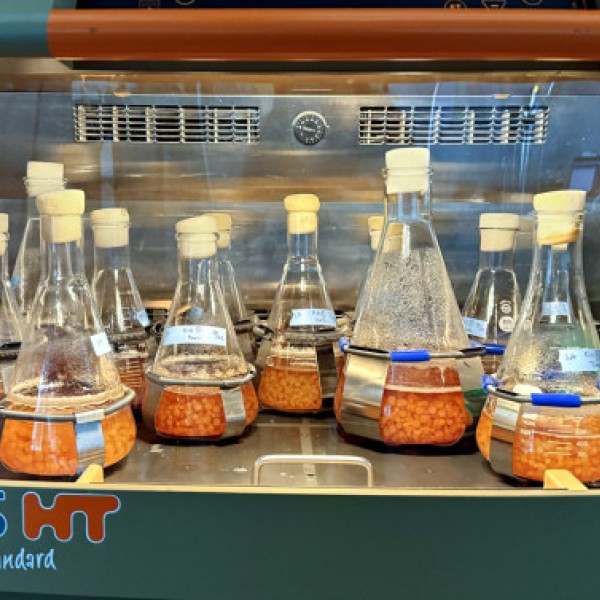Farmers today need to be able to access and use data if they want to carry out efficient, climate-smart agriculture. But the road to data-driven farming is not an easy one, according to Dr. Miel Hostens, Robert and Anne Everett associate professor of digital dairy management and data analytics.
Hostens, who recently joined the animal science department, has been working at the intersection of dairy farming and data science for close to two decades. He began his academic career by studying veterinary medicine in the early 2000s. At the same time, he also worked with information technology (IT).
“But I never worked with IT tools on the veterinary side,” he said. “In the veterinary world, no one used it much. Often, veterinarians would refer to IT and statistics as something beyond their skillset and would step back and say, ‘That’s for statisticians.’”
As a PhD student, Hostens realized that farms had a lot of data, but much of it was still handwritten, kept in physical files or scattered about here and there. In the best circumstance, it might be kept in a spreadsheet. “I thought, this is the twenty-first century. This can’t be true,” Hostens said. “I knew there were already all kinds of software being developed to handle data like this.”







